What is a concussion? How many happen each year?
A concussion (also called a mild traumatic brain injury) happens when you get a hard hit to the head. This can cause a short-term change in how your brain works. After a concussion, people can have many different symptoms. These might be physical (like a headache or feeling dizzy), emotional (like feeling sad or worried), thinking problems (like trouble focusing) or sleep problems.
Concussions are pretty common in kids and teens. Concussions don’t just happen during sports – they can happen on the playground, at school and after an accident. Experts believe about 2.5 million children and teens in the U.S. get concussions every year.
How are concussions different for kids and teens with Autism?
Some concussion symptoms may feel harder for Autistic kids and teens. Many people with concussions become more sensitive to lights or sounds. If an Autistic child already had strong sensory sensitivities, these changes might feel even more intense.
Concussions can also make it harder to think clearly or focus. If an Autistic youth already has challenges with attention or thinking, the concussion might make those harder for a while. The good news is that most kids get back to how they were before the injury.
Recovering from a concussion can also be tough for Autistic youth because it may require changes to their routine. Many Autistic kids and teens feel more comfortable with a steady schedule and routines, so changes can be stressful. Some kids also get special help at school that they don’t get at home. That’s why it’s important to get back to school and a regular routine as soon as it’s safe. A recent study found that kids who went back to school within two days of their concussion felt better faster than kids who stayed home longer. Families should talk to their doctor about how and when it’s safe to return to school.
What should I do if I think my Autistic child had a concussion?
Not every hit to the head is a concussion. If you notice your child acting or feeling differently after a hit to the head, that would be a good time to seek medical advice. Luckly, there are many helpful resources for families. A good first step is to talk to your child’s doctor. Children’s National also has a special clinic for concussion care.
If you want to learn more, there’s a free app called SCORE 4 Brain Health that you can download on Google Play or the App Store. There is also a toolkit with tools and information for both families and doctors to help support Autistic kids after a concussion. Here is a link for more information about concussion recognition and response: Pediatric Concussion – Conditions and Treatments | Children’s National Hospital
Doctors and researchers are still learning how concussions affect Autistic children. At Children’s National, we are doing research to find better ways to help Autistic youth recover from concussions.
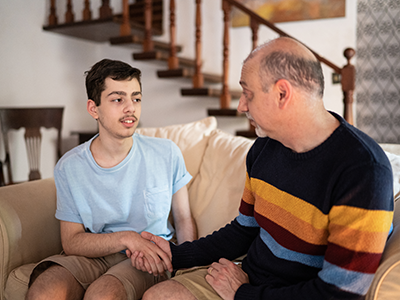 https://riseandshine.childrensnational.org/wp-content/uploads/2022/05/Father-and-son-talking-at-home-feature.png
300
400
Rise and Shine
https://riseandshine.childrensnational.org/wp-content/uploads/2017/11/childrens_riseandshine_logo.jpg
Rise and Shine2026-02-02 01:12:352026-02-02 15:21:38Talking to your child about their autism diagnosis
https://riseandshine.childrensnational.org/wp-content/uploads/2022/05/Father-and-son-talking-at-home-feature.png
300
400
Rise and Shine
https://riseandshine.childrensnational.org/wp-content/uploads/2017/11/childrens_riseandshine_logo.jpg
Rise and Shine2026-02-02 01:12:352026-02-02 15:21:38Talking to your child about their autism diagnosis


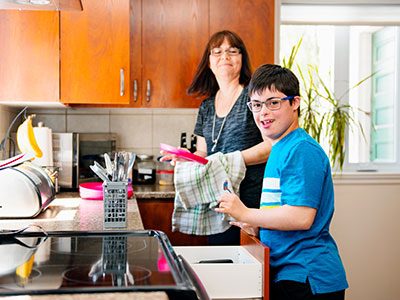
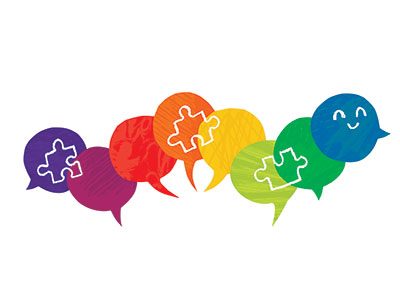
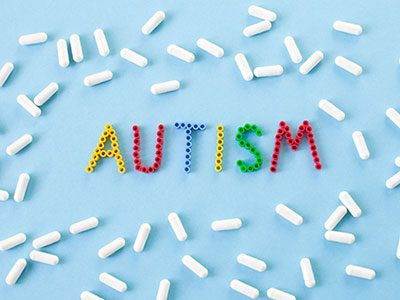
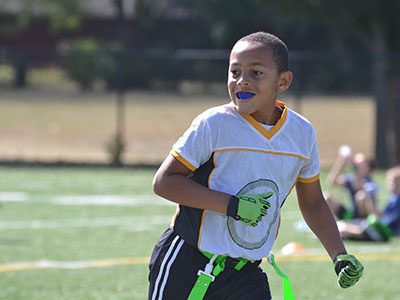
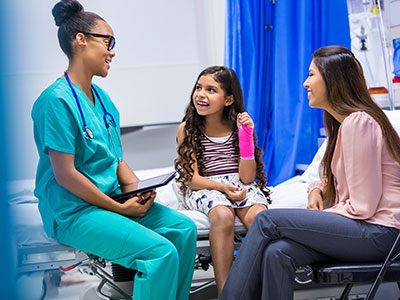
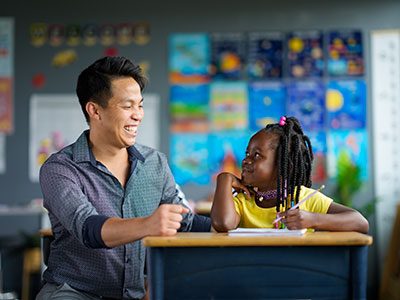
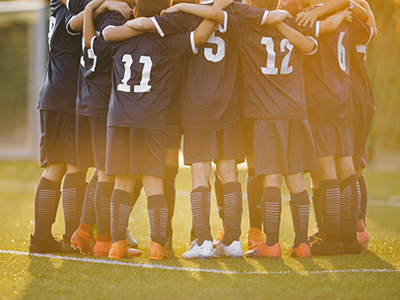
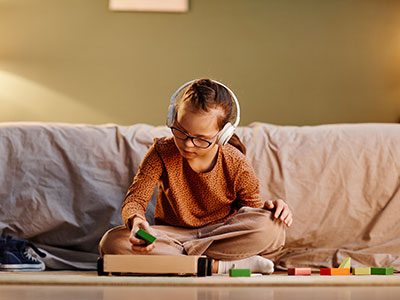
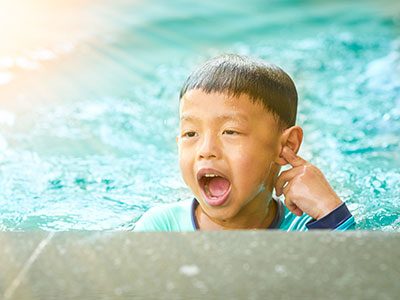
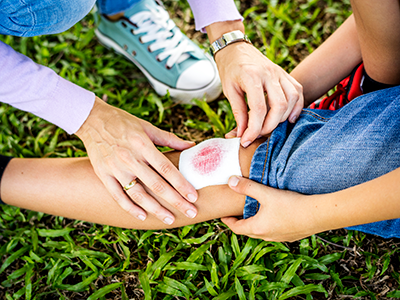
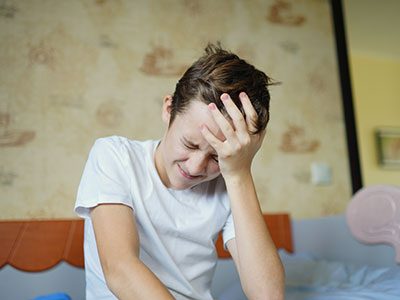




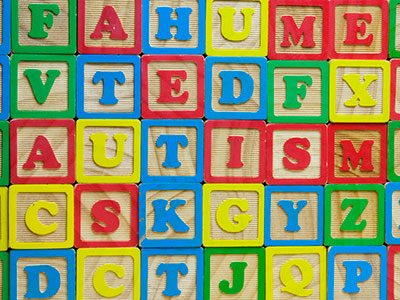
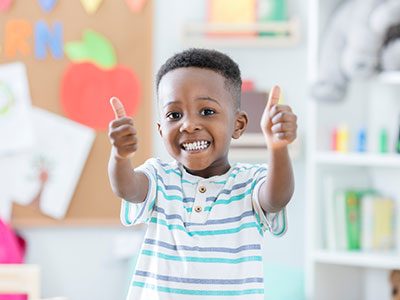
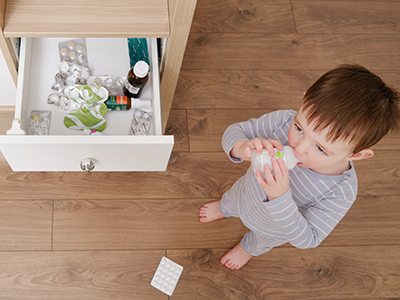
Leave a Comment
Want to join the discussion?Feel free to contribute!